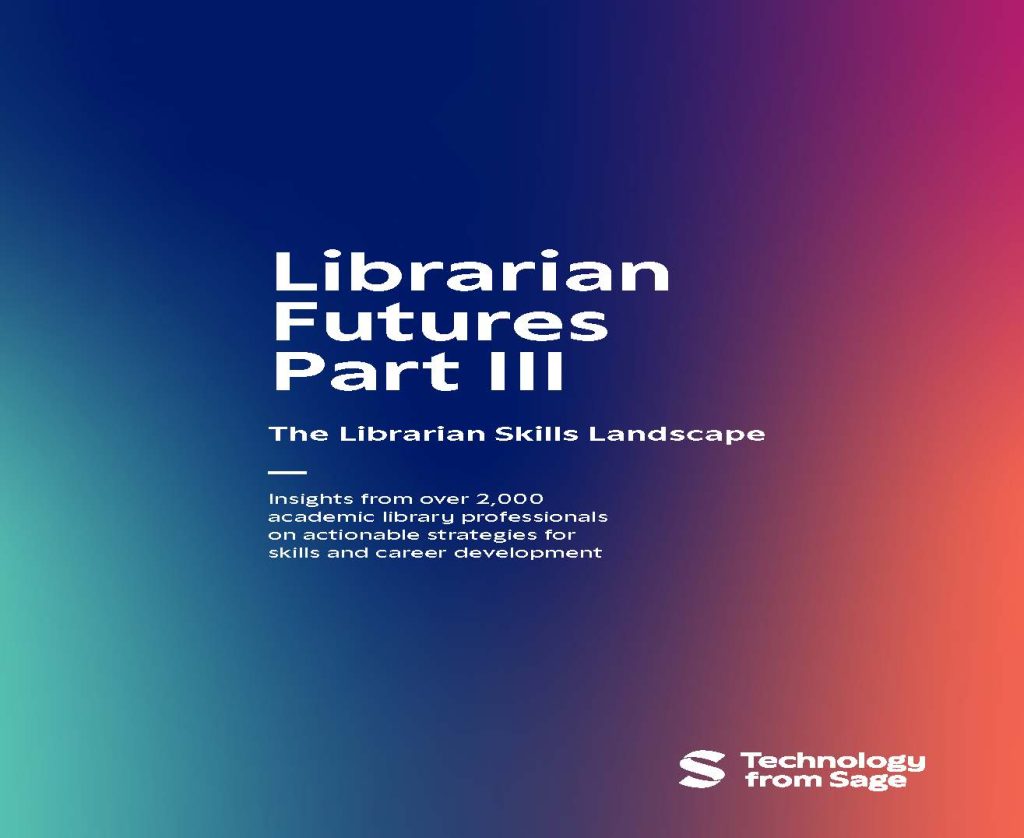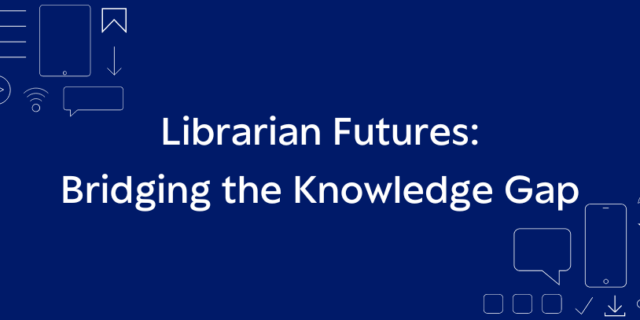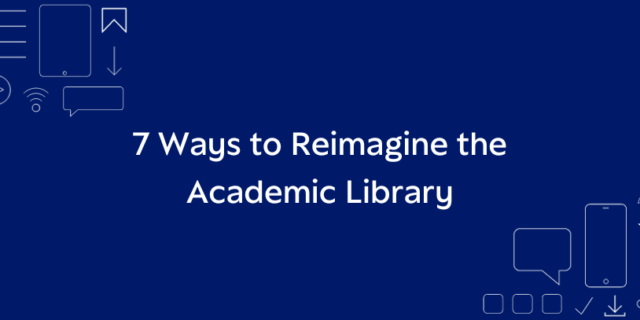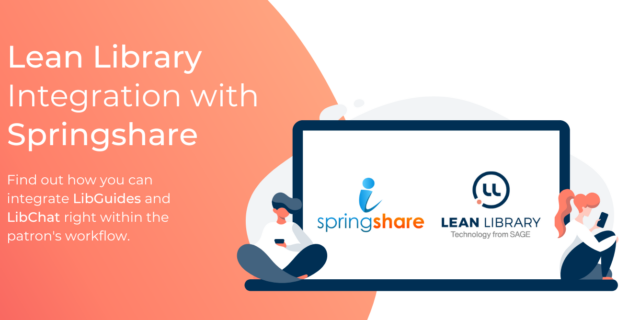We recently launched our Librarian Futures Part Three report, titled The Librarian Skills Gap. The report, in partnership with Skilltype, explores the emerging skills required to fulfil a library’s mission – in a decade shaped by social, political, and technological change – and meet the needs of today’s library patrons. We gathered global perspectives from over 2,000 academic library professionals, from frontline librarians to library directors, to ensure a representative set of insights for the report.
Our second Librarian Futures report asked the question: How can academic libraries be more deeply involved in the undergraduate learning journey? The new report investigates the new skills, competencies and responsibilities which librarians will develop in the years ahead and are going to be pivotal to this. We hope this report inspires conversations in your library, amongst your peers, and within the wider library community.
Here are the 9 key findings from Librarian Futures Report Part Three:
1. Librarians have a great deal of confidence in their ability to serve patrons.
An overwhelming majority of librarians agreed or strongly agreed with the following statements:
- I possess the capability to fulfill my day-to-day tasks
- I regularly meet patrons’ expectations
- I regularly meet my manager’s expectations
- I feel confident regarding supporting student success within my institution.
Results were much more mixed for the statement “I feel confident regarding advancing my career”.
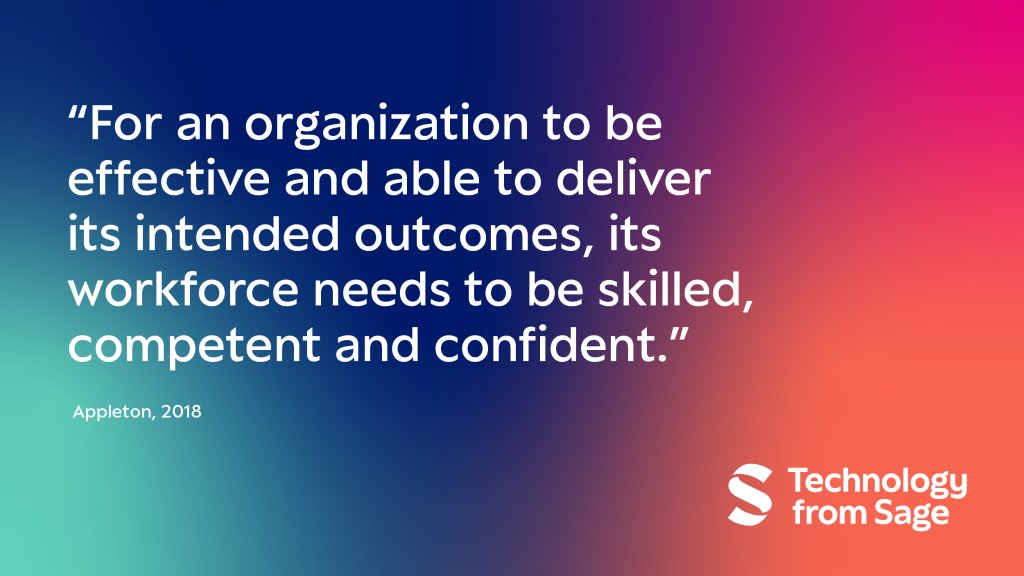
2. Many librarians (37%) feel unprepared to answer patron questions on the use of generative AI in their studies.
Although some are neutral on this question (17%), and a small number do not feel able to meet these challenges (8% disagree, 1% strongly disagree).
3. Many librarians benefit from regular discussions about current and developing skillsets with a range of stakeholders, from senior management to students.
74% of respondents reported that they engaged in upskilling, on average, at least once every 3 months.
However, many librarians are being left out of such conversations, and the impact is particularly pronounced for staff without postgraduate qualifications and for staff working in a hybrid fashion and over 10% of library professionals surveyed as only upskilling once per year.
4. In the short term, librarians identified digital literacy skills as an essential skill to develop, with 90% of librarians agreeing.
This is likely in response to the rapid rise of generative AI.
Moving into the medium and long term, a number of librarians see skills in learning analytics being crucial to develop.
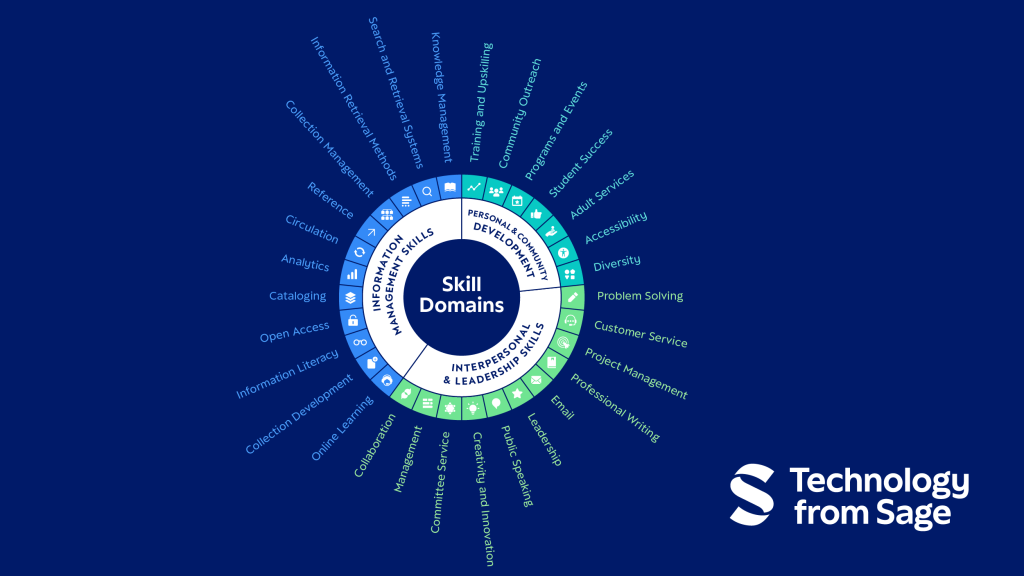
5. Librarians generally feel supported by senior managers, line managers, and their colleagues in regards to development and upskilling.
Over half of respondents agreed or strongly agreed that they were given ample opportunity to develop their skill set by the university (56%), and over half felt well supported to do so by senior management (62%), line managers (80%), and colleagues (72%).
6. Less than 20% of librarians feel that their effort to learn new skills is appreciated by students.
Just 19% of respondents felt that students recognise their efforts to learn new skills. A plurality (41%) of librarians were neutral on the topic, while a relatively huge 40% of librarians actively disagreed with the statement.
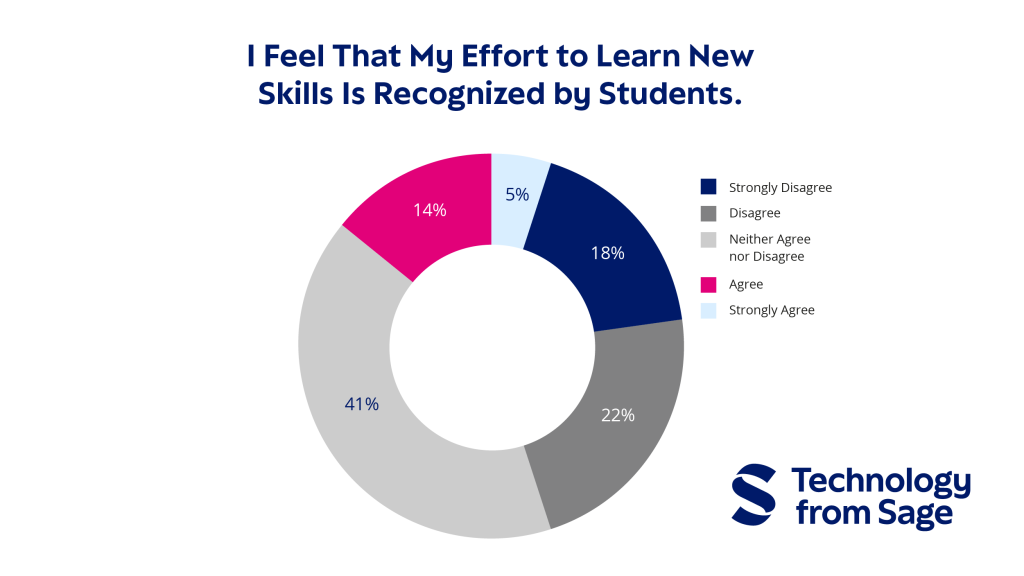
7. Almost all librarians have had the opportunity to upskill within the past 12 months.
Approximately 75% of librarians have had the opportunity to engage in upskilling at least quarterly.
8. 46% of librarians feel that there is not sufficient budget available for upskilling, and 47% don’t feel there is sufficient time.
It is also worth noting that librarian training is coupled within travel budgets, which has increased the impact of COVID on librarian training budgets.
9. Librarians by and large discover training via email and would prefer to continue to find upskilling opportunities this way.
The next most popular choice was “other,” with respondents specifying their different ways of discovery. Some respondents described using online platforms such as Coursera or LinkedIn to discover new learning, while others spoke of having to undertake mandatory training.
Want to learn more?
Download our Librarian Futures Part III report to discover more noteworthy insights regarding the emerging skills required to fulfill a library’s mission and meet the needs of today’s library patrons.
Share your thoughts about the findings in the new Librarian Futures Part III report on Twitter and LinkedIn.
